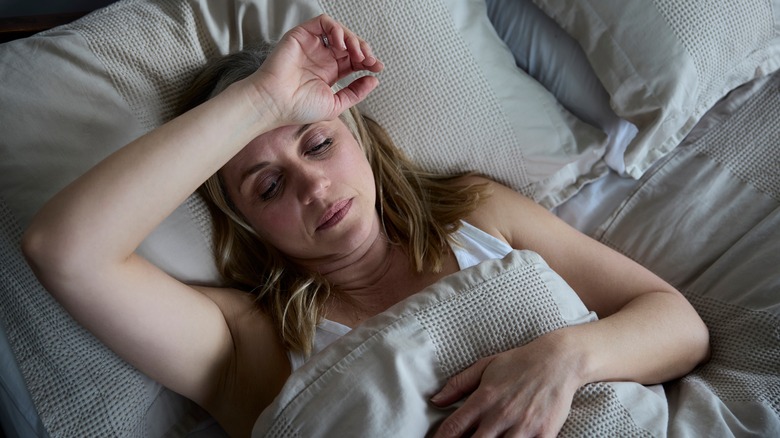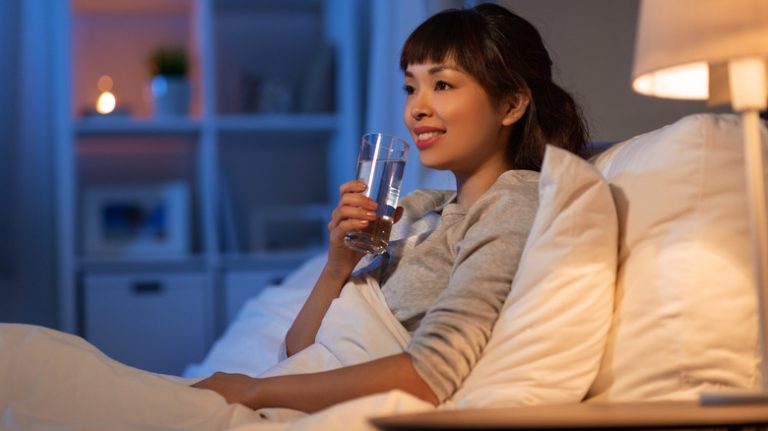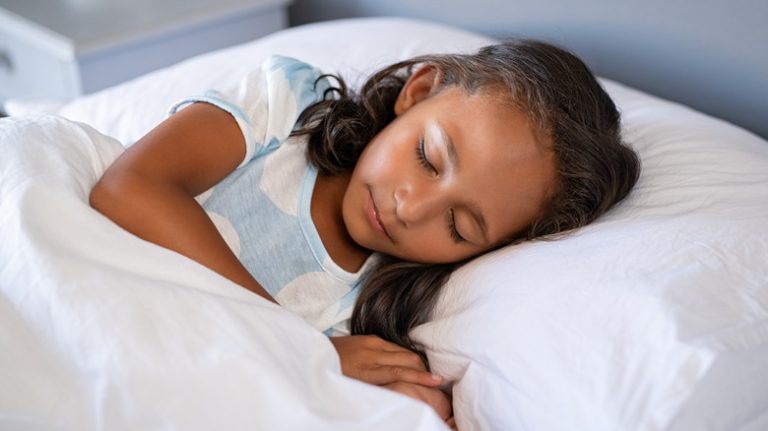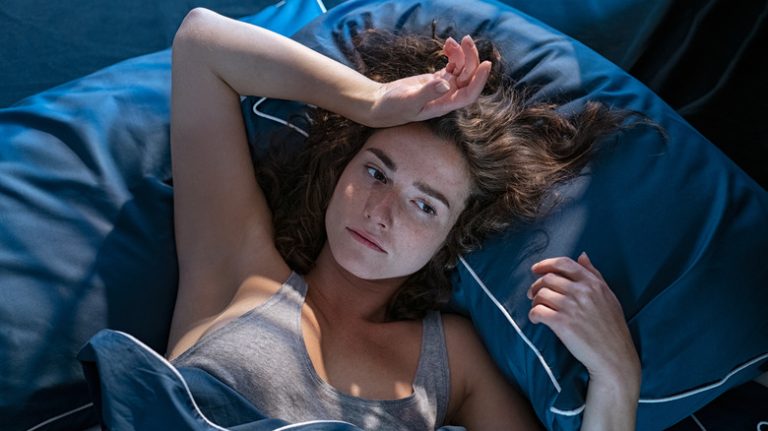Sleep can elude you after a stressful day. As you sit in bed, you recall the rude comment from your boss or the coworker who complained about the deadline of that big project. You toss on your other side as if that could change your thoughts. Maybe it does for a moment, but those thoughts have you worried about your upcoming family gathering. Then you remember the Xanax your doctor gave you to help with the anxiety from your 14-hour plane ride to Tokyo.
Benzodiazepines like Xanax or Valium are commonly prescribed for anxiety because they induce relaxation and sleep. They stimulate the calming neurotransmitter in the brain called GABA (gamma-aminobutyric acid), according to the Centre for Addiction and Mental Health. Benzodiazepines are typically used for occasional situations that cause anxiety, such as traveling, or as a temporary way to adjust your sleep patterns.
Although these drugs are safe to help you fall asleep, they aren’t meant for long-term use because of their risk of addiction. It’s also important to know the risks of taking them for occasional sleep problems.
If you or anyone you know needs help with addiction issues, help is available. Visit the Substance Abuse and Mental Health Services Administration website or contact SAMHSA’s National Helpline at 1-800-662-HELP (4357).
Know the interactions and side effects of anxiety medications
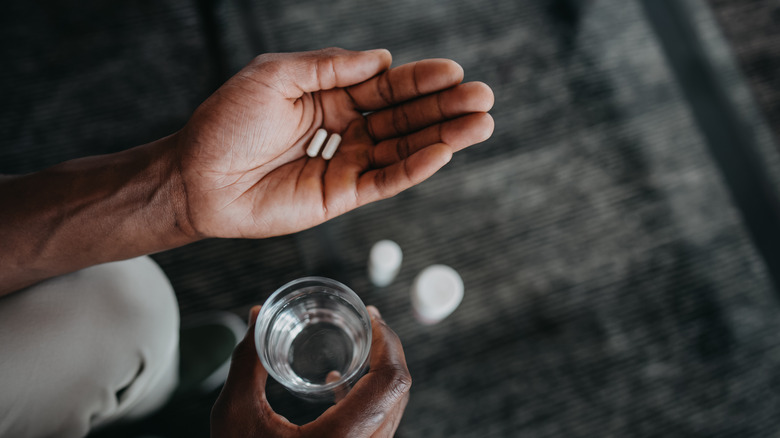
You could take anxiety medication for sleep in a pinch, but be aware of how the drug might interact with other medications you might be taking already. Drinking alcohol while taking anxiety medications isn’t recommended because both slow your central nervous system (via the Centre for Addiction and Mental Health). If you overdose, you could stop breathing. Caffeine can interfere with the effectiveness of anxiety medications, particularly if you take them for insomnia.
If you take an anti-anxiety medication when you’re not feeling anxious, the drug isn’t fighting the chemicals that are making you anxious (via Greatist). Thus, you will be more likely to feel the drug’s side effects, such as impaired or altered thinking, balance issues, or grogginess (via GoodRx).
Don’t get into the habit of taking anxiety medication regularly to help you fall asleep. You could develop a tolerance to the medication, which will make it less effective at your normal dose. Taking anxiety medication regularly for sleep also increases your risk of depending on the medication for sleep (via Greatist).
How to fall asleep without drugs or supplements

Resorting to an anxiety medication might be fine for one night, but you can improve your ability to sleep every night by making some changes to your daily routine. Keeping a regular sleep schedule, even on weekends, will get your body used to winding down at the right time for sleep. A late-afternoon latte with colleagues might give you a boost as you finish your day, but it will thwart your sleep efforts several hours later. Exercising at least 30 minutes each day can stomp out some of your work stress and support sleep (via Hackensack Meridian Health).
In the evenings, schedule your dinner so that there are at least two or three hours before your intended bedtime. Alcohol can probably relax you in the evening, but it can interfere with your sleep. Instead, opt for hot herbal tea or another beverage to soothe you. Make a habit of putting away your digital devices at least an hour before bed because the blue light emitting from them signals to your body that it’s still daytime.
It can make you more anxious if you can’t fall asleep after a while. Rather than reach for your anxiety medication, get out of bed and go to a room with dim lights. Avoid turning on the television. Find some soothing music or read a book (preferably non-digital) until you feel sleepy enough to return to bed.

